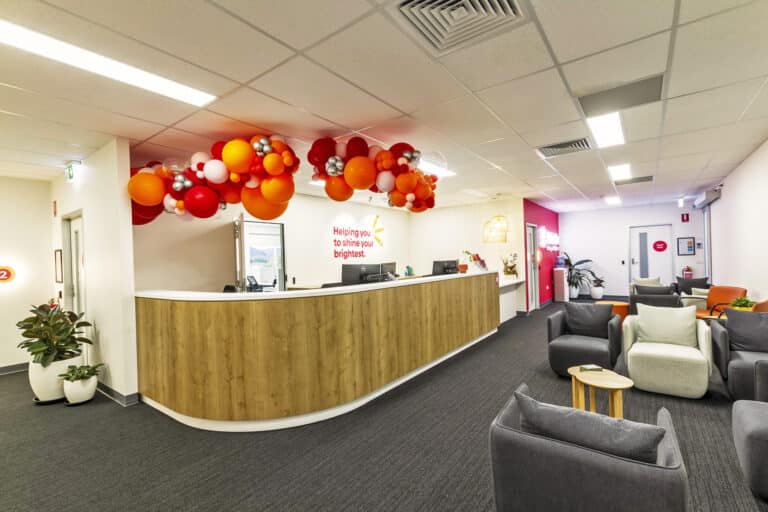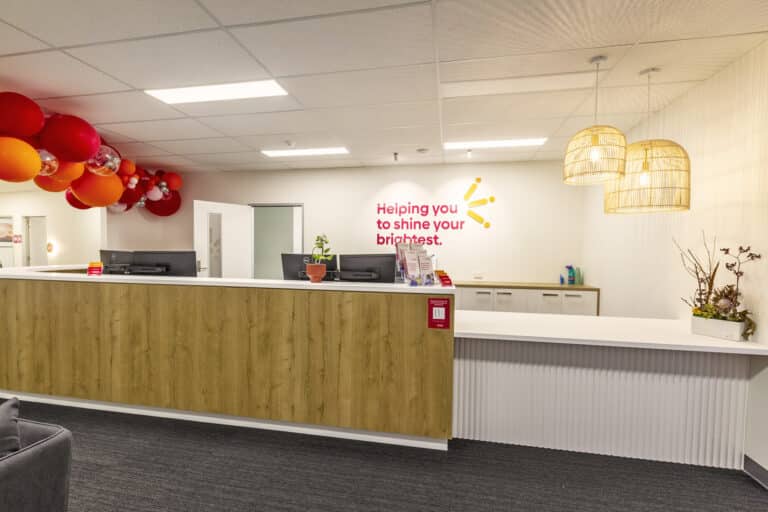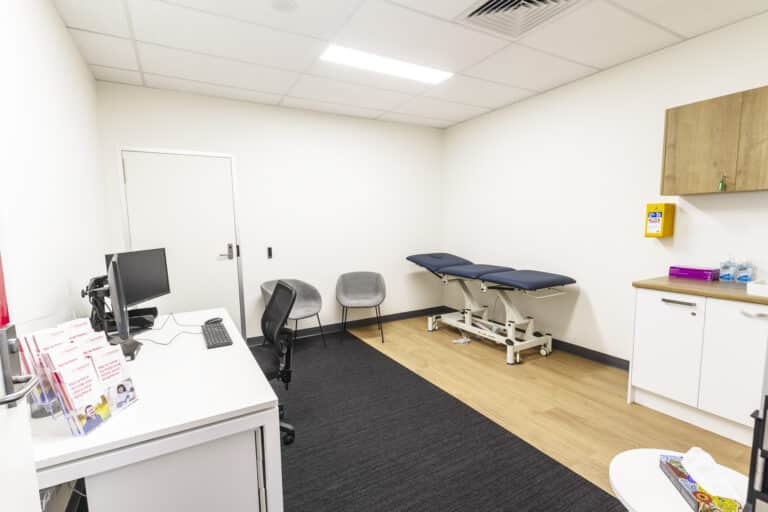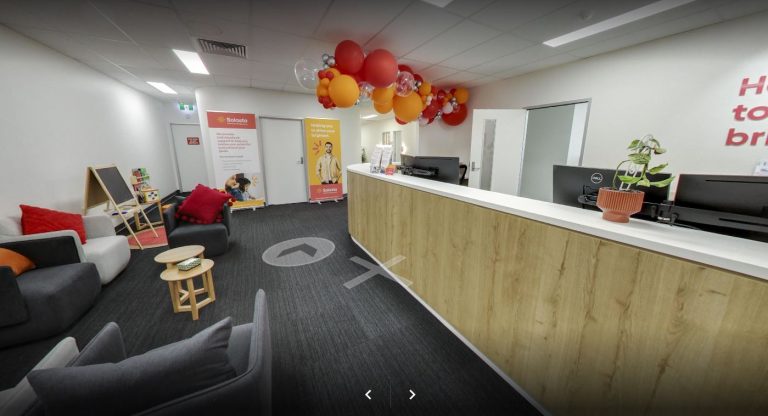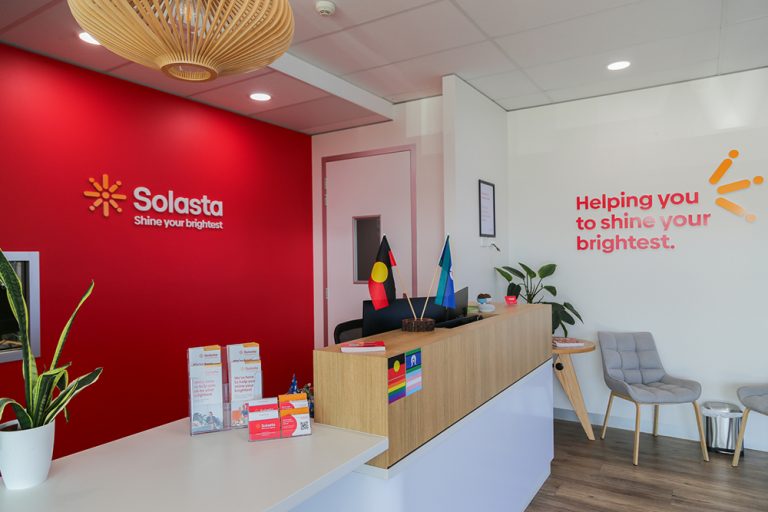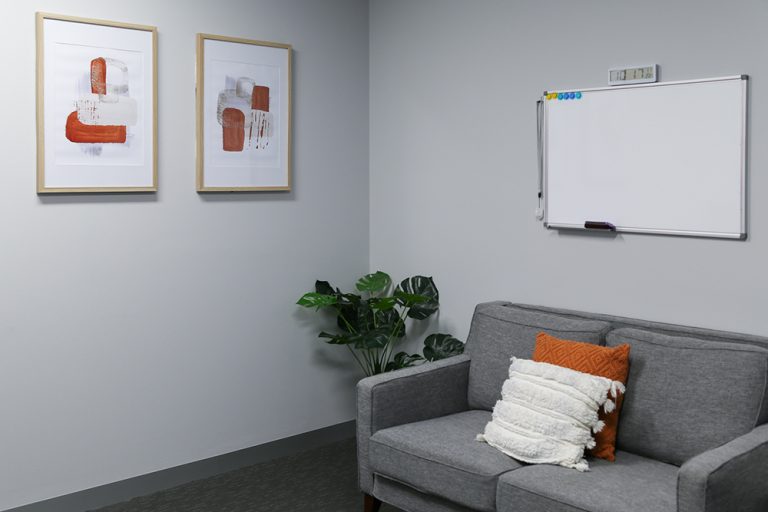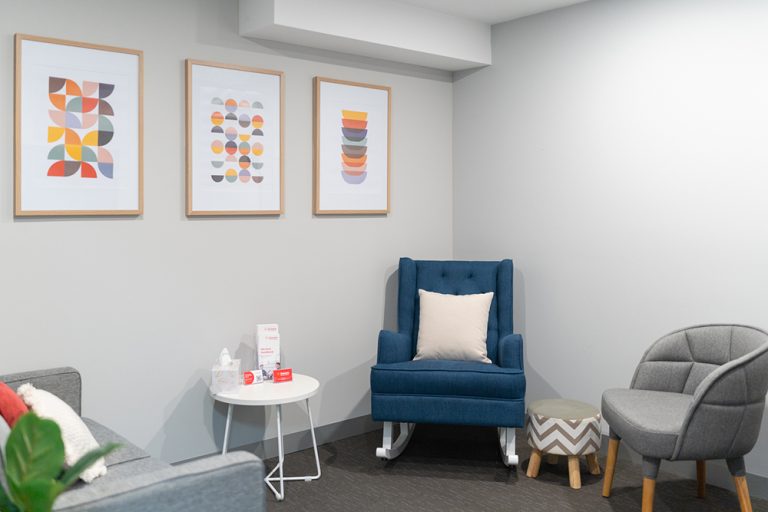We offer comprehensive educational (learning) assessments to support individuals experiencing challenges with learning, attention, academic progress, or engagement with school.
Whether you’re seeking clarity around learning difficulties, exploring signs of giftedness, or looking to understand your child’s support needs, our team of experienced clinicians can help.
Dragons of the Spectrum: Skill-building for neurodivergent learners
For children with profiles such as autism or ADHD, Dragons of the Spectrum offers a small-group environment where they can develop social-emotional skills in meaningful, hands-on ways.
What is an educational assessment?
An educational assessment helps you understand how your child or young person learns, thinks, and processes information.
It’s a comprehensive process that gives insight into their strengths and the areas where they might need extra support, whether that’s at school, at home, or in other settings.
The assessment is tailored to their needs and age. It will include conversations with you as a parent or caregiver, individual assessment using evidence-based tools, and activities designed to be engaging and age-appropriate.
We take the time to explain everything clearly — no jargon, just practical insights and helpful recommendations.
At Solasta, our friendly and experienced psychologists work one-on-one with your child or young person to assess areas such as:
- Thinking and learning abilities – How they solve problems, remember information, and process new ideas. This helps us understand their learning style, identify their strengths and any areas of challenge.
- Academic skills – We look at their progress in reading, writing, spelling, and maths, and how this compares to what’s typically expected for their age or year level.
- Attention and focus – We can explore how well they are able to concentrate, stay organised, and follow instructions. This can help identify challenges related to attention, such as ADHD or other learning difficulties.
- Social emotional – We can consider how your child understands and expresses emotions, relates to others and copes with challenges. This helps identify strategies to support their wellbeing at school and home.
- Everyday skills – For some children and young people, we also look at how they manage daily tasks like getting ready, communicating, or following routines especially if there are concerns about overall development.
Signs your child or young person may benefit from an assessment
It’s not always easy to know when to seek extra support, but if you’ve noticed that your child or teen is struggling, or if others have raised concerns, an educational assessment can be an important step in understanding what’s going on and how best to help.
You might consider booking an assessment if your child or young person:
- Is experiencing challenges with learning at school, or finding that it takes extra effort.
- Is progressing more slowly in some areas of learning, or finding certain subjects trickier.
- Lacks confidence, feels overwhelmed, or is losing enjoyment in school.
- Has trouble focusing, remembering instructions, or staying organised compared to their peers.
- Needs extra support at school and a formal assessment has been recommended.
- Has been recommended for assessment by a teacher, GP, paediatrician, or other professional.
- Seems advanced for their age and you suspect they may be gifted.
Whether you’re looking for answers, clarity, or just some guidance on how to best support your child or young person’s learning and development, we’re here to help.
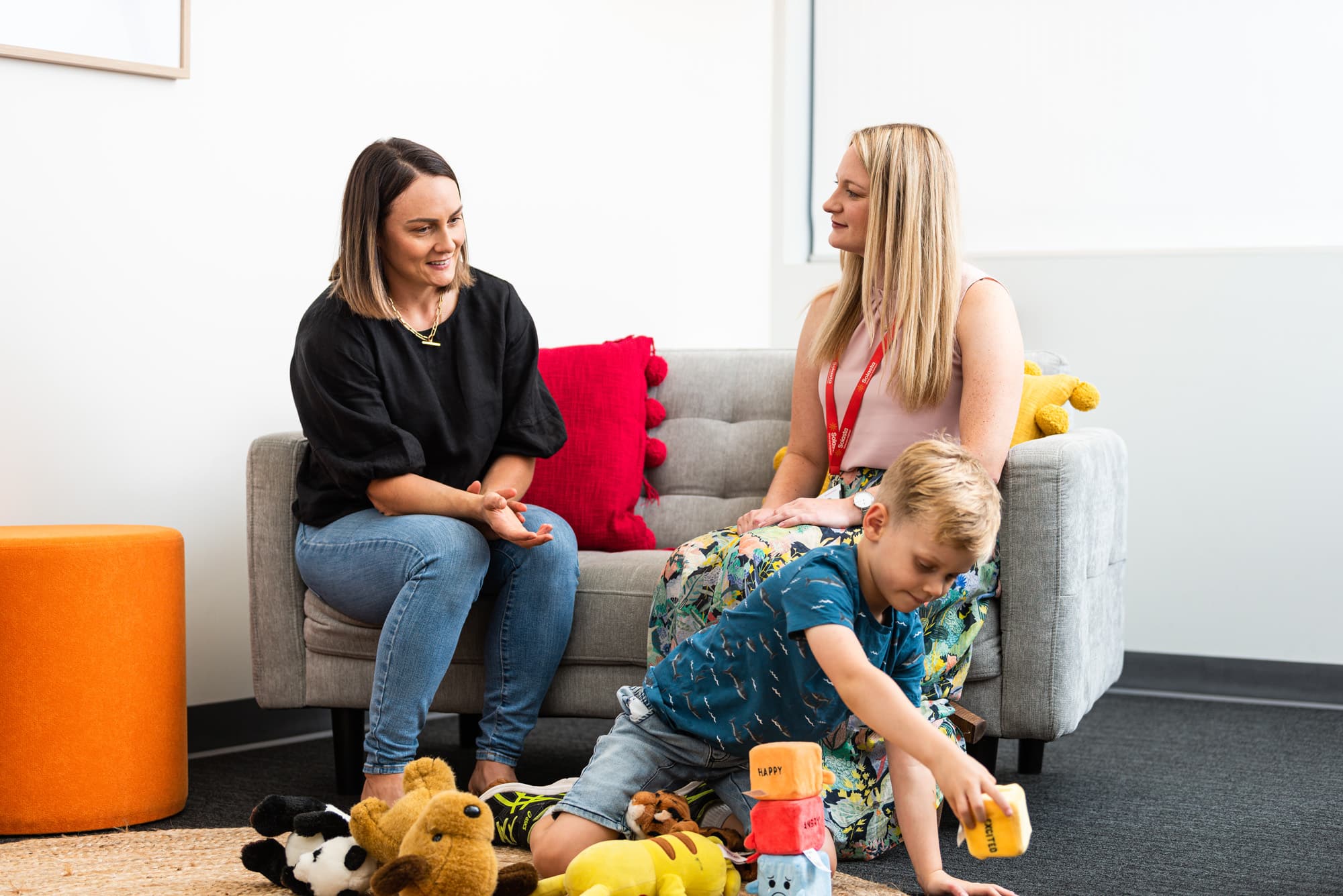
What to expect
At Solasta, we understand that organising an assessment can feel overwhelming especially if you’re unsure what to expect.
That’s why we take a calm, supportive approach and guide you through each step of the process.
Our educational assessment process typically includes the following steps:
1. Review of background information
Before your child or young person meets with a clinician, we start by gathering background information to help us understand their development, learning history, and current challenges. This involves questionnaires completed by parents and carers, and where possible, teachers or other professionals who know them well. This information helps us build a full picture of their experiences and identify areas to focus on during the assessment.
2. Standardised assessment
Your child or young person will attend a one-on-one session with a clinician, where we use a range of evidence-based, age-appropriate tools (such as the WPPSI, WISC-V, and WIAT-III). These assessments look at reasoning skills, memory, attention, academic achievement, and how they process information. Sessions are tailored to suit their age, comfort, and energy levels, and are designed to be as engaging and supportive as possible.
3. Report and recommendations
We prepare a detailed written report that clearly explains their learning profile, identifies any diagnoses (if applicable), and outlines practical recommendations for support at school, home, and beyond. We send you this report (as a password-protected PDF file) that you can share with school and other professionals as needed.
4. Feedback session
Once the report is complete, we’ll meet with you (in person or over the phone) to go through the results in detail. This is your opportunity to ask questions, share thoughts, and gain a full understanding of what the findings mean for your child or young person. We’ll also discuss next steps and available support options.
If you have particular concerns or questions, please contact us.
Our approach
At Solasta, we know that every child and young person is unique – and so is every family. Feeling comfortable and understood is an important part of the process, which is why we take time to connect your child with a clinician who is the right fit for them.
Our clinicians work in a child-centred, family-focused way. This means your child’s strengths, interests, and goals are at the heart of everything we do. Together, we’ll support your child to build confidence, develop skills, and take steps toward reaching their full potential.
Throughout your journey with us, you and your child can expect a safe, welcoming space where you’ll always feel listened to, respected, and supported.
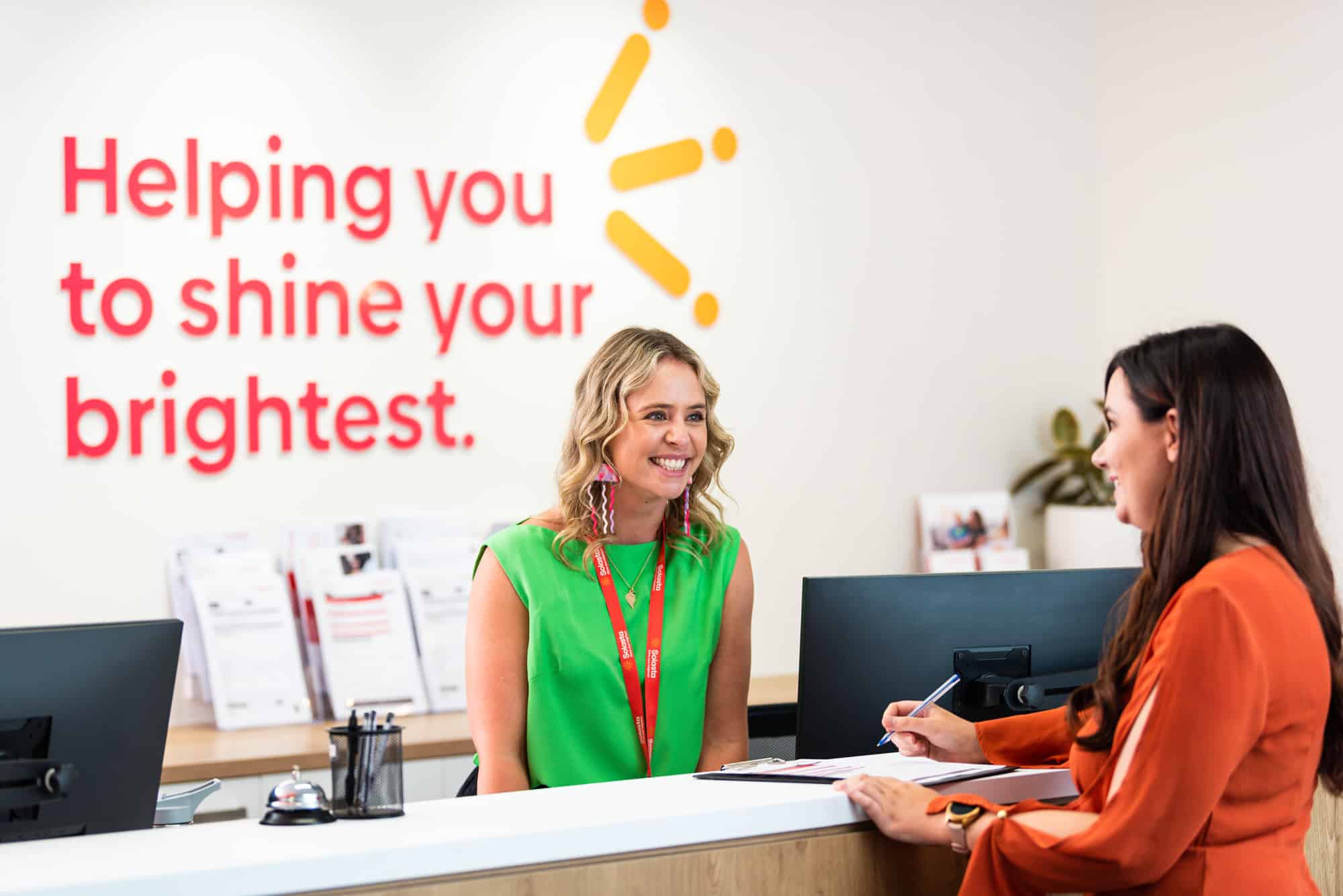
Ready to get started?
Simply fill-out our appointment request form and we’ll be in touch.
If you have any questions, we encourage you to contact the team on 1800 943 043 or info@solasta.net.au
Frequently asked questions
What age can my child be assessed?
Educational assessments are generally appropriate for children starting around the age of 5 to 6, once they’ve started formal schooling. At this stage, there is typically enough academic and behavioural information to help identify how your child is learning and where they might need support. However, assessments for giftedness can occur before 5 if early entry to school is being considered.
These assessments can also be helpful for older children, teens, and even young adults.
If there are concerns about your child’s development or learning before age 5, a different type of assessment, such as a developmental assessment may be more appropriate.
Do I need a referral?
You do not need a referral, you can contact us directly to book an assessment for your child or young person.
How long does the assessment process take?
The assessment typically takes 2.5 to 3.5 hours to complete. Some assessments may take a bit longer if additional information is required. Breaks are provided and we recommend bringing snacks and a drink.
After the assessment is completed, the report is completed as quickly as possible and is usually ready within 4 weeks. This report will include the results of the assessment, insights, and recommendations to support your child’s learning and development.
How should I prepare my child or young person for the assessment?
In order to get the best assessment of your child or young person’s abilities, it is important that they are well-rested and feeling physically well.
If they are taking prescription medication, they should take it on the day of their assessment as usual.
Ensure that they have had something to eat and drink before the assessment begins, and bring some snacks and water with you
If they wear glasses or require a hearing aid, please ensure you bring these along with you to the assessment.
If you have any previous medical or allied health assessment reports, please provide them in advance of the assessment.
Please let us know of any sensory or other needs and we will do our very best to ensure these are accommodated.
What’s included in the report?
You’ll receive a detailed report that includes:
- A summary of background information and assessment findings.
- A profile of your child or young person’s cognitive and academic strengths and challenges.
- Any diagnoses (if applicable).
- Clear, personalised recommendations for support at school, home, and in other settings.
- Advice on further supports.
How much does it cost?
Educational assessments at Solasta are not covered by Medicare. For detailed information, refer to our Fees and Funding Options webpage or contact us for further information.
Our clinicians who provide educational assessments
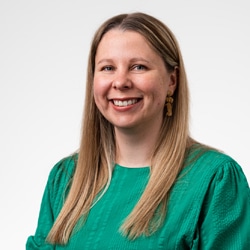 Nataly Veal
Clinical Psychologist
Klemzig
Nataly Veal
Clinical Psychologist
Klemzig
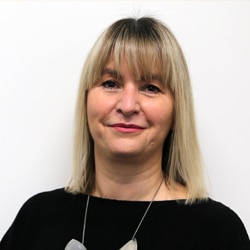 Rochelle Hay
Solasta Manager
Klemzig & Christies Beach
Rochelle Hay
Solasta Manager
Klemzig & Christies Beach
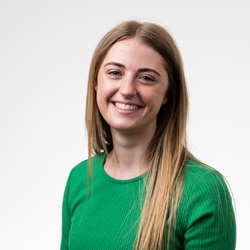 Stephanie Wood
Educational and Developmental Psychologist
Christies Beach
Stephanie Wood
Educational and Developmental Psychologist
Christies Beach
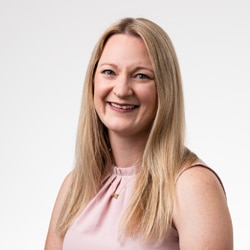 Lisa Chisholm
Clinical Psychologist
Klemzig & Christies Beach
Lisa Chisholm
Clinical Psychologist
Klemzig & Christies Beach
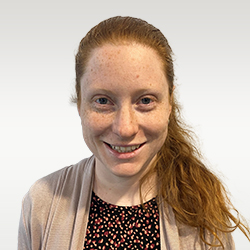 Katira Brass
Registered Psychologist
Klemzig
Katira Brass
Registered Psychologist
Klemzig
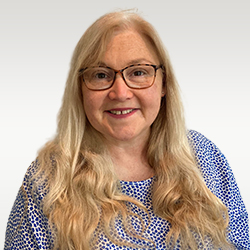 Rachel Clarke
Clinical Psychologist
Klemzig
Rachel Clarke
Clinical Psychologist
Klemzig
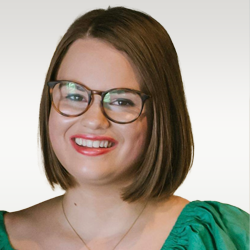 Madeline Rac
Registered Psychologist
Klemzig
Madeline Rac
Registered Psychologist
Klemzig
 Shelley Wetton
Registered Psychologist
Klemzig
Shelley Wetton
Registered Psychologist
Klemzig
 Peck Jin Gan
Registered Psychologist
Klemzig
Peck Jin Gan
Registered Psychologist
Klemzig
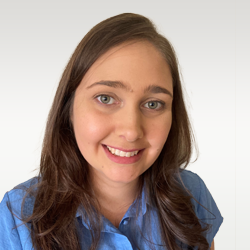 Tara Mower
Registered Psychologist
Christies Beach
Tara Mower
Registered Psychologist
Christies Beach
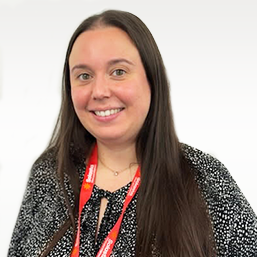 Lucinda Atsidaftis
Registered Psychologist
Klemzig & Christies Beach
Lucinda Atsidaftis
Registered Psychologist
Klemzig & Christies Beach

Nataly Veal is a Clinical Psychologist with experience supporting individuals across all age groups, including children, young people, and adults with mental health concerns, learning difficulties, and disabilities. Nataly has specific interests in autism and ADHD.
With over a decade of experience in diverse settings, including public, private, and independent school systems, Nataly possesses a wealth of knowledge in psychoeducational assessments and can identify and provide recommendations for various conditions, such as intellectual disability, specific learning disorders (e.g., dyslexia), as well as gifted and talented learners.
Nataly's therapeutic style is warm and engaging, and she is dedicated to employing a strength-based and values-driven approach that empowers clients to achieve their goals. When working with neurodivergent children who have social, emotional, and behavioural needs, Nataly adopts a child-centered approach. Nataly collaborates with parents, teachers, and other allied health professionals to develop effective strategies across home and school settings.
When working with adolescents, Nataly's kind and empathic therapy style enables her to foster strong relationships and provide genuine understanding and support throughout their life challenges. She also extends her expertise to adults, assisting them in improving their mental health, life outlook, and overall well-being.
As a committed professional, Nataly provides clinical supervision to early career psychologists as well as clinicians in registrar programs seeking practice endorsement. Her guidance and mentorship empower fellow practitioners to refine their skills and deliver exceptional care.

Rochelle has over 25 years’ experience in clinical and leadership roles across state government disability services, private practice and the non-government sector.
Rochelle is well known for the warm and engaging approach she brings to therapy with both children and adults.
She uses a range of therapeutic approaches but primarily draws on Cognitive Behaviour Therapy and Acceptance and Commitment Therapy.
Rochelle has a long term passion for working with children and adults with disabilities, in particular people with autism spectrum disorder. She also has extensive experience in psychoeducational assessments for children with learning and intellectual disabilities and in the diagnosis of autism spectrum disorder.
Rochelle has Bachelor of Arts, Graduate Diploma in Psychological Practice and Master of Clinical Psychology. She holds registration with the Psychology Board of Australia with clinical endorsement and is a member of the APS College of clinical Psychologists.

Stephanie has experience working with children, adolescents and their families in both clinical and educational settings.
Stephanie’s warm and encouraging approach focuses on building a relationship of trust, confidence and respect.
Holding a Master’s degree in Educational Psychology from the University of Melbourne, Stephanie integrates her knowledge of childhood development and evidence-based practices to provide both assessment and therapy services, targeted to a client’s individual needs.
Stephanie draws upon a variety of therapeutic approaches, including Acceptance Commitment Therapy, Cognitive Behavioural Therapy and Dialectical Behaviour Therapy, and enjoys developing a deep understanding of a young person’s strengths, supporting them to develop insight, confidence and resilience.
Stephanie has an interest in supporting children and adolescents with a range of concerns including anxiety, depression, stress, emotional regulation, adjustment to life changes, social challenges and perfectionism, as well as providing support to children and adolescents with neurodevelopmental differences including Autism Spectrum Disorder and ADHD.

Lisa is a Clinical Psychologist who provides assessment and therapy services to adults and children. She has extensive experience in providing a range of psychological services to individuals, families, schools and organisations. Lisa also has experience working in child protection, family reunification, and youth homelessness settings.
Lisa works in a collaborative and non-judgemental manner and is passionate about working with adolescents and adults to improve their wellbeing. In addition, she frequently provides training and support to families, teachers, support staff and other allied health professionals. Lisa regularly conducts comprehensive psychoeducational assessments for people experiencing learning difficulties, and to diagnose conditions such as intellectual disability, specific learning disorders and ADHD. She also conducts assessments for autism spectrum disorder.
She has a particular interest in supporting adolescents to understand and manage their mental health and improve their wellbeing. She also has an interest and experience in helping her clients to recover from traumatic and adverse life experiences, and supporting neurodiverse and sexuality and gender diverse people.
Lisa completed her Honours in Psychology and Master of Psychology (Clinical) at Flinders University.
She has undertaken specialist training in Family Systems Therapy, Acceptance and Commitment Therapy, Narrative Therapy, Cognitive Processing Therapy, Schema Therapy, and Child and Adolescent Psychology.
She is registered with the Psychology Board of Australia with Clinical Endorsement.

Katira is a Registered Psychologist renowned for her compassionate and empathetic approach, fostering genuine connections with both children and adults. She builds therapeutic relationships built on empathy and a non-judgemental approach.
Katira specialises in providing psychological therapy for children and adults facing a broad spectrum of challenges, such as anxiety, depression, stress, fears and phobias, trauma, and emotional regulation difficulties.
Recognising that life can present challenges and feel like a rollercoaster ride at times, Katira’s therapy sessions offer a safe place for individuals to explore these difficulties.
Drawing upon evidence-based approaches, including Cognitive Behaviour Therapy, Acceptance and Commitment Therapy, Dialectical Behaviour Therapy, Schema Therapy, and mindfulness-based approaches, Katira tailors her methods to suit individual needs.
Katira's extensive career spans a diverse array of settings, including schools and disability and not-for-profit organisations. Her breadth of experiences and versatile therapeutic techniques uniquely equip her to provide tailored support for each and every client.

With an extensive career in psychology spanning over 25 years, Rachel has worked with children, adolescents, and families in a diverse range of settings including educational environments, disability services, and private practice. Driven by a passion for early intervention, she enjoys collaborating with young children and their families or caregivers, guiding them toward reaching their developmental, social, and emotional potential.
Rachel has extensive experience in psychological assessments and can diagnose and assess a broad spectrum of conditions, including autism spectrum disorder, ADHD, specific learning disorders, giftedness, global developmental delay, and intellectual disability.
In her therapeutic work with children, Rachel embraces a playful, child-centered, and strengths-based approach. Drawing upon a rich repertoire of evidence-based therapies and frameworks such as Cognitive Behaviour Therapy, Acceptance and Commitment Therapy, Attachment Theory, Play Therapy, and Positive Behaviour Support, she tailors interventions to meet the unique needs of each individual client.
Acknowledging the collaborative nature of effective intervention, Rachel values the essential contributions of parents, teachers, and allied health professionals in the development and implementation of strategies. This holistic perspective underscores her dedication to fostering a supportive network that extends beyond the therapy room.
Rachel has a Bachelor of Arts, a Graduate Diploma in Psychological Practice, and a Master of Clinical Psychology. She also holds dual endorsements in clinical and educational and developmental psychology from the Psychology Board of Australia. Additionally, Rachel is a member of both the APS College of Clinical Psychologists and the APS College of Educational and Developmental Psychologists.

Madeline is a dedicated Registered Psychologist, having earned her Master of Professional Psychology from Flinders University in 2023, alongside a Bachelor of Behavioural Science (Psychology) and Honours Degree in Psychology.
Madeline brings a wealth of experience to her practice, having worked in child protection settings in regional North Queensland, as well as private practice and not-for-profit organisations where she provided assessments and therapy to individuals with traumatic and acquired brain injuries.
At Solasta, Madeline provides compassionate and non-judgemental psychological therapy to children, young people and adults facing a broad spectrum of challenges including anxiety, depression, stress, phobias, trauma, and emotional regulation difficulties. Drawing upon evidence-based approaches, including Cognitive Behavioural Therapy, elements of Schema Therapy, and mindfulness-based techniques, Madeline tailors her methods to suit individual needs. Eager to expand her repertoire, Madeline is currently undergoing training in Acceptance and Commitment Therapy (ACT) and Dialectical Behaviour Therapy (DBT).
In addition to her therapeutic work, Madeline also offers psychoeducational assessments for children, and cognititive assessments (for NDIS applications for assessment and diagnosis of intellectual disability) and ADHD assessments for adults.
As a member of the Australian Psychological Society (APS), Madeline is committed to upholding the highest standards of ethical practice and remains committed to her ongoing professional development.

Shelley is a dedicated and passionate Registered Psychologist with a focus on supporting children and young people to overcome life's challenges and realise their full potential. With a particular interest in supporting neurodivergent individuals, Shelley brings both professional expertise and personal insight to her practice, making her uniquely equipped to address a diverse range of needs.
Shelley works with children, adolescents, and their families, addressing a wide array of challenges including anxiety, depression, self-esteem issues, academic difficulties, relationship challenges, emotional regulation issues, fears/phobias, and attachment-related concerns. Her therapeutic approach is warm, empathetic, and playful, ensuring a safe, judgment-free environment that fosters trust and honesty.
Valuing the roles of parents, educators, and allied health providers in a child or young person’s life, Shelley emphasises collaboration and teamwork. She recognises that these relationships are essential for the individual's growth and thriving.
Shelley integrates various therapeutic modalities into her practice, including Acceptance and Commitment Therapy, Cognitive Behaviour Therapy, Parent Training, and Dyadic Developmental Psychotherapy. Her approach is individualised, ensuring that each client receives tailored support suited to their unique needs.
In addition to therapy, Shelley is skilled at conducting psycho-educational assessments and diagnosing ADHD, specific learning disorders, global developmental delay, giftedness, and intellectual developmental disorder. Her background in disability services and experience in educational settings enrich her practice, providing a comprehensive understanding of the multifaceted needs of her clients.
Shelley’s lived experience with ADHD brings a unique and valuable perspective to her role, enhancing her empathy and connection with the children and young people she supports. Her commitment to individualised care and her collaborative, empathetic approach make her an invaluable resource for those navigating psychological and developmental challenges.

Peck Jin is a compassionate psychologist dedicated to creating a safe and supportive space where clients feel heard and empowered. With experience across diverse clinical settings, including inpatient rehabilitation and private practice, she has worked with individuals facing anxiety, depression, trauma, neurodiversity, and complex mental health concerns.
Peck Jin takes a warm and collaborative approach, tailoring therapy to each client’s unique needs. She draws on evidence-based modalities such as Cognitive Behavioural Therapy, Acceptance and Commitment Therapy, Dialectical Behaviour Therapy, Schema Therapy, and mindfulness-based techniques.
She is passionate about working with neurodivergent individuals and creating a safe, affirming space for people from diverse cultural backgrounds and LGBTQIA+ communities.

Tara brings a compassionate and dedicated approach to her practice, recognising the diverse challenges that life presents. She prioritises building a strong therapeutic relationship with her clients, cultivating a safe environment grounded in honesty, openness, and non-judgment to support and guide them through managing such challenges.
With a genuine empathy and commitment, Tara empowers her clients with encouragement, knowledge, and practical skills to navigate life's complexities. Her extensive experience spans across various sectors, including not-for-profit organisations, alcohol and/or other drug services, employment services, and community settings.
Tara is passionate in providing effective, evidence-based therapy to individuals of all ages experiencing a range of challenges, including emotional regulation, stress and anxiety, depression, trauma, and alcohol and/or other drug addiction.
She tailors her approach to each individual, drawing from a diverse range of evidence-based approaches such as Cognitive Behavioural Therapy, Acceptance and Commitment Therapy, Dialectical Behaviour Therapy, Schema Therapy, motivational interviewing, and mindfulness practices.
Through her flexible and client-centered approach, Tara strives to empower her clients to achieve their therapeutic goals.

Lucinda graduated with a Master of Clinical Psychology from Flinders University in early 2025. During her postgraduate training, she gained experience across a range of settings and age groups.
During her clinical training, Lucinda worked with both children and adults across a variety of settings. She supported children experiencing emotional and behavioural challenges, helped students overcome learning difficulties through psychoeducational assessments, and provided therapy to adults managing anxiety, depression, stress, and relationship concerns. Under clinical supervision, she also completed autism and ADHD assessments for clients of all ages.
Following her studies, Lucinda worked with the Department for Child Protection, conducting cognitive and parenting capacity assessments alongside her clinical supervisor to support children and families.
Lucinda is passionate about helping children and adults reach their full potential. She strives to provide therapy that is empathetic, neuro-affirming, trauma-informed, and strengths-based. Her approach focuses on helping clients understand their unique brains, build confidence, and develop self-advocacy skills. Lucinda has a particular interest in neurodivergence and enjoys supporting clients to navigate barriers in educational, workplace, and home environments.
She works with clients across the lifespan, with a particular focus on children, and draws on Cognitive Behavioural Therapy (CBT) and Acceptance and Commitment Therapy (ACT) in her practice.
Our space
Get a sense of what attending an appointment at Solasta would feel like.
We offer a carefully designed, modern and inviting therapy space. Our spacious, light-filled rooms create an environment that allows for safety, privacy and growth. From the waiting room to your time in our therapy rooms, we have consciously created an enriched space to support your sense of comfort.
For children, we also have rooms specifically designed to accommodate sensory needs, complete with toys, soft lighting and thoughtfully selected furnishings to create a calming environment.
Explore the photos of our space below or check-out our virtual tour.
Klemzig
It is not our differences that divide us. It is our inability to recognise, accept, and celebrate those differences.


